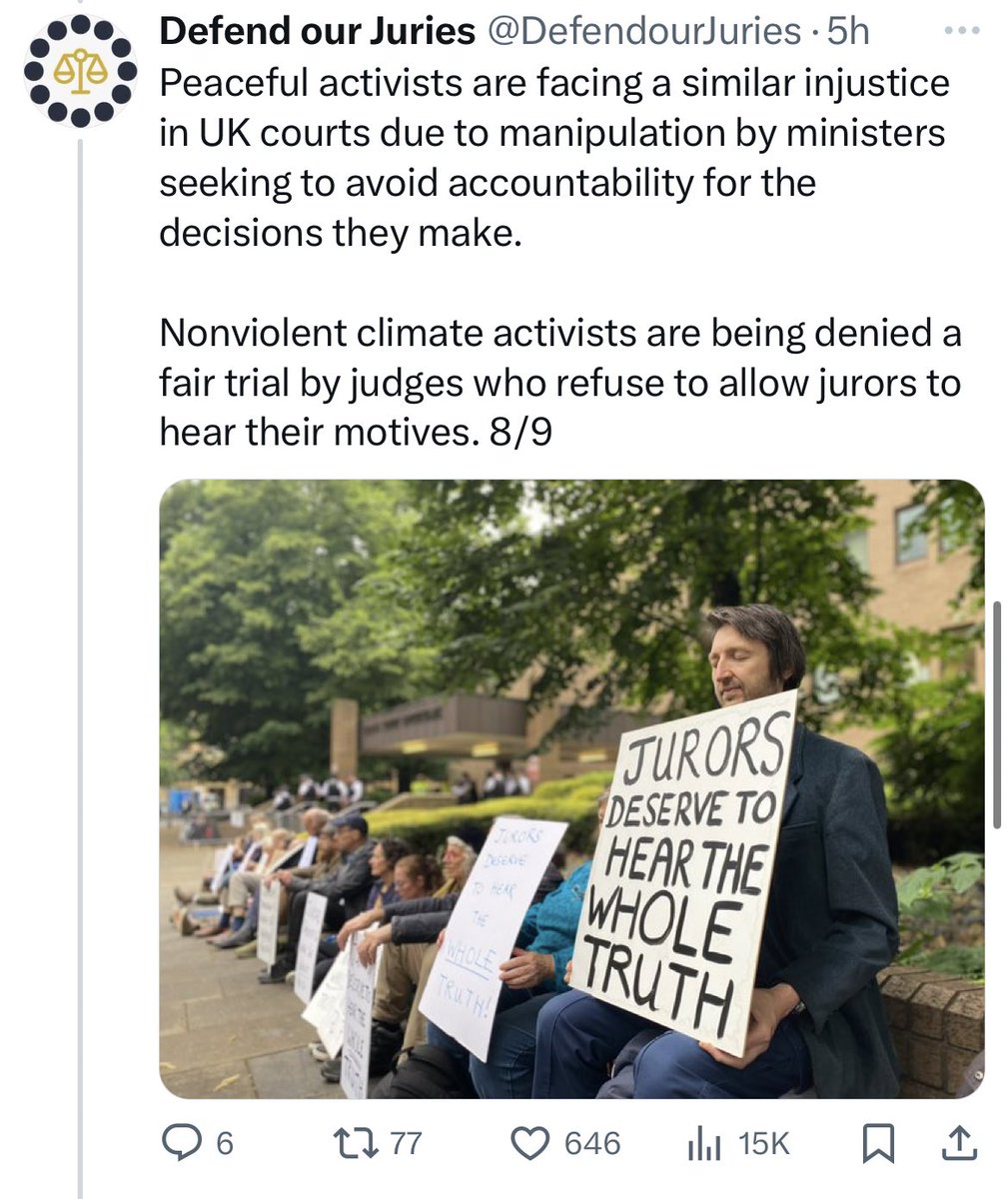Lord Faulks QC was the right-hand minister to Chris Grayling at the MoJ from 2014, when legal aid was obliterated and Grayling was attempting to restrict judicial review, branding it “a promotional tool for left-wing campaigners”.
There’s nothing like an impartial tribunal.
There’s nothing like an impartial tribunal.
https://twitter.com/JoshuaRozenberg/status/1289155573766860802
Other fun facts:
Lord Faulks was responsible for spreading #LegalAidLies by falsely claiming, in Parliament, that legal aid lawyers earn “£200 an hour” fullfact.org/law/legal-aid-…
Lord Faulks was responsible for spreading #LegalAidLies by falsely claiming, in Parliament, that legal aid lawyers earn “£200 an hour” fullfact.org/law/legal-aid-…
During Grayling’s efforts to pass the most pointless law of all time (the “Heroism Bill”), Lord Faulks was mocked in the House of Lords as “the straight man in Mr Grayling’s comedy routine.” lawgazette.co.uk/law/ridiculous…
• • •
Missing some Tweet in this thread? You can try to
force a refresh









